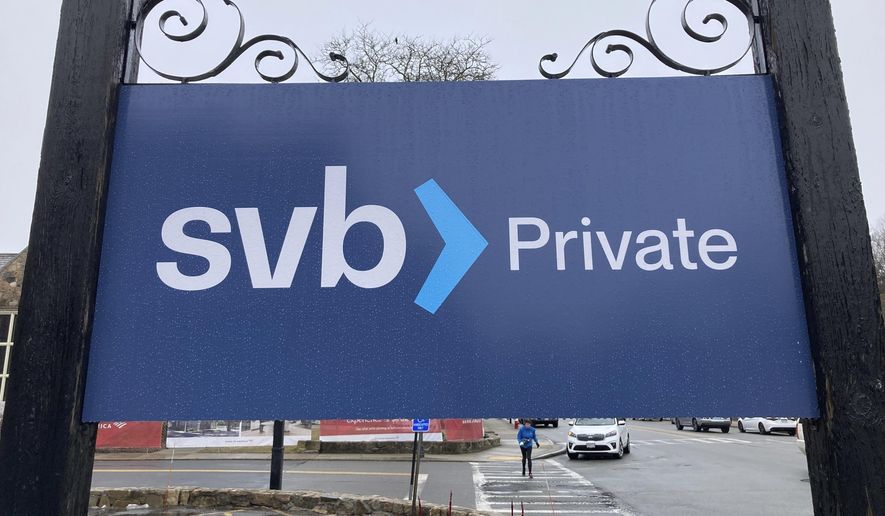Inflation eased slightly in February but remained high, the Bureau of Labor Statistics reported Tuesday, complicating the next move for the Federal Reserve to lower prices while facing abrupt turmoil in the U.S. banking system.
The Consumer Price Index rose 6% year-over-year in February, compared with a 6.4% annual rate in January. On a monthly basis, prices increased 0.4% over January, down a tick from the 0.5% monthly increase from December.
Core inflation, which excludes volatile food and energy prices, rose 5.5% on a year-over-year basis.
The slightly smaller increase in inflation comes as the Fed prepares to meet next week to consider another hike in interest rates. Even though prices are still rising much faster than the central bank wants, some economists expect the central bank to suspend its year-long streak of interest rate hikes as the pace of inflation eases.
With the collapse of two large banks since Friday fueling anxiety about other regional lenders, the Fed, for now, may focus more on shoring up confidence in the financial system than on its long-term drive to tame inflation.
Inflation has come down from a high of 9.1% last June, but the current annual rate of 6.4% is still far above the Fed’s target rate of 2%.
But with some bank stocks rebounding after heavy losses Monday, U.S. markets rebounded in the hours after the inflation numbers were released. The Dow Jones Index, which posted a small loss Monday, was up 430 points, or 1.34%, shortly before noon Tuesday.
President Biden, whose administration worked out a rescue program over the weekend to spare depositors at California’s Silicon Valley Bank and New York-based Signature Bank from losses, said annual inflation “is down by a third” from last summer while the unemployment rate remains near a 50-year low.
“As challenges in the banking sector remind us, there will be setbacks along the way in our transition to steady and stable growth,” Mr. Biden said in a statement Tuesday. “But we face these challenges from a position of strength.”
Republicans have accused Mr. Biden of contributing to the bank collapses through high spending, saying the Fed’s interest-rate hikes to lower inflation caused short-term rates on bank deposits to rise faster than the banks’ long-term investments.
Former Treasury Secretary Larry Summers said Silicon Valley Bank, which collapsed late last week, “committed one of the most elementary errors in banking: borrowing money in the short term and investing in the long term.”
When interest rates went up, the assets lost their value and put the institution in a problematic situation,” he tweeted.
Republicans said Mr. Biden’s proposed budget for fiscal 2024, which calls for an 8% spending increase and more than $5 trillion in tax hikes, would only worsen the economic uncertainty.
“Bidenflation is breaking the banks and bankrupting families who can’t afford the falling wages, higher prices and tax increases Biden’s reckless policies created,” said Republican National Committee Chair Ronna McDaniel. “Instead of trying to ease the economic burden on American workers, Biden is doubling down and asking families to foot the bill for his $6.9 trillion tax-and-spending spree.”
House Ways and Means Committee Chairman Jason Smith, Missouri Republican, said American families “have lost two months of pay to inflation.”
“Yet the president is embracing further rounds of fiscal and economic calamity including an additional $4.7 trillion in tax increases on families, farmers, and job creators to fund the Democrats’ welfare for the wealthy agenda,” he said.
• This story is based in part on wire service reports.
• Dave Boyer can be reached at dboyer@washingtontimes.com.




Please read our comment policy before commenting.